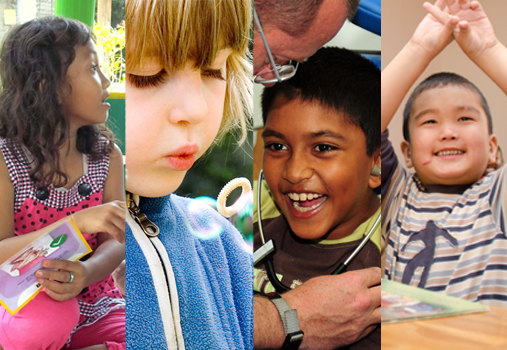Resist “liking” certain photos
By Cory Nourie
We’ve all seen it on Facebook. A picture of a child, with some sort of disability/medical condition/genetic anomaly, and the message “Like if you think this child is beautiful” or “Share if this child deserves friends” or something like that. Most of the time the picture is being posted from a website, not the child’s family. All of this unnerves me. I think social media has the power to draw attention to many issues and conditions that people may not otherwise know about. The Ice Bucket challenge is a good example: Amyotrophic lateral sclerosis research received millions of dollars because of it. People were talking about ALS and learning about ALS at an unprecedented rate.
But it’s different when a website is pushing the “Like if I am beautiful“-message for a child no one knows. It concerns me because I feel that child is being made into a mascot or tragic figure that disability advocates have fought for decades to move beyond. People “liking” that photograph aren’t doing anything to help that child or the medical professionals who are working to enhance quality of life. The family isn’t receiving any benefit from the “like” and the viralization of their child’s photo. Instead, strangers around the world are looking at that picture and saying, “ooow, what does he have?” Or they’re saying “how is that possible?” Or they’re saying “that poor child.” It reminds me too much of the telethons of years gone by. Haven’t we moved beyond that? Additionally, the websites that latch onto the child’s picture and post it could make money on each “like” and “share,” right?
While I understand the service-level intent of the people who “like” and share the photos, it worries me about the underlying assumptions and beliefs the world has about disability and difference. So if you see me on Facebook, you won’t find me liking some stranger’s picture or sharing other people’s posts. That’s the role of the parent to do. The reality is families have children with disabilities daily. What my friends have taught me in the disability community is they do not view themselves as heroes. They don’t need to be patronized or sympathized. If you see a child who is beautiful, tell the parent that. Talk to the child. Include the child. Don’t bother “liking” the photo you’re being urged to like because the child and/or her parents pretty much never have anything to do with the post.



Comments